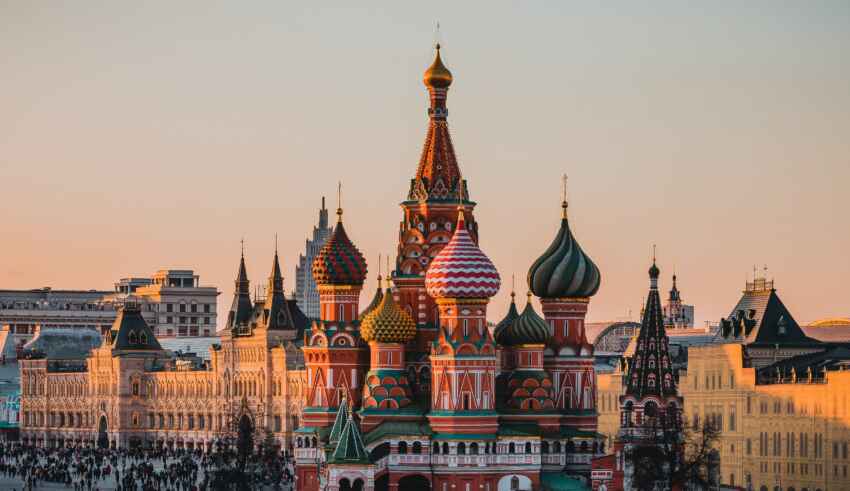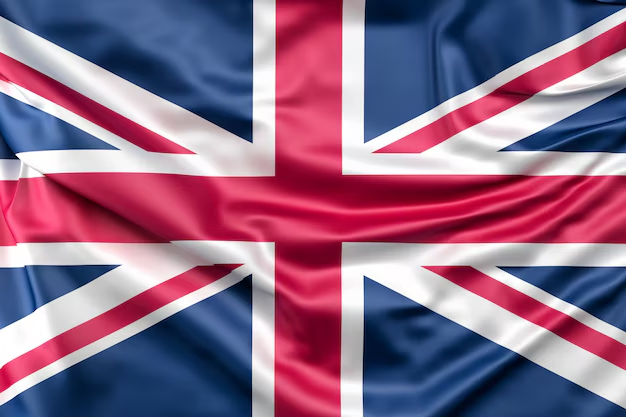
On Wednesday 6 December, Russian President Vladimir Putin made a rare trip to the United Arab Emirates (UAE) and Saudi Arabia, neglecting the arrest warrant issued by the International Criminal Court (ICC). The ICC accused Putin of illegally deporting Ukrainian children to Russia, which is clearly a case of war crime, and consequently has obliged the Russian President to limit its abroad visits. Nonetheless, neither the UAE nor Saudi Arabia recognized the Court’s jurisdiction and welcomed in recent days the President to their countries.
These visits are watched with suspicion from the Western side as they coincide with the United Nations COP28 climate talks taking place in Dubai and will be followed by a trip to Iran. The Kremlin stated that the talks would obviously regard the energy sector as well as the wars in Gaza and Ukraine. On the energy side, these countries are part of OPEC+, an association whose members pump more than 40 percent of the world’s oil. For instance, this occurred right after the Emirati president of COP28, Sultan al-Jaber, denied allegations that he had used his role in the negotiations to pursue fossil fuel deals. As a consequence, many officers and workers for the environment and climate called it strange that while they were talking about environmental crimes, Vladimir Putin was there, warmly welcomed by the Emirates leadership. Yet, the Russian leader did not visit the conference site, which was always policed by the United Nations for the duration of the talks, instead he discussed with UAE President Mohammed bin Zayed Al Nahyan their business ties and cooperation in different fields. Despite the alliance with the US, the UAE have not closed up with Russia and their relations have grown since Western sanctions targeted Moscow. Moreover, controversies arose as the leader of Russia’s Chechen Republic, Ramzan Kadyrov, was also spotted attending the meeting between Putin and the de facto ruler of the Gulf state. Then, in Riyadh Putin sat down for a televised talk with bin Salman, in which he declared that “nothing can prevent the development of [their] friendly relations,” and invited the Saudi Arabian prince to visit Moscow.
These trips come as Russia is keen to project influence and undermine the West’s attempts to isolate it. With the Mideast leaders, Putin debated about the ways to promote de-escalation in the conflict between Israel and Haman, together with issues on Syria, Yemen and Sudan. Indeed, Putin cannot leave its ambition of being a global decision-making actor, believing that further negotiations with non-Western countries can empower its position. Moreover, Saudi Arabia and the UAE are frustrated with the perceived decline in the US commitment to the region’s security and its renewed focus on confronting China in the Indo-Pacific. They both prefer to avoid taking sides so as not to jeopardize their partnership with Russia on conflicts unrelated to their security or territorial integrity or the security of the US. Nonetheless, Russia is bringing back to the discussion topics that are relevant to the US and were once dealt only between the Gulf Arab states and America, like the question of Syria, Yemen, Libya, and the Iran Deal.
Russia considers these states as part of its strategic foreign policy. Yet, even the Gulf states have taken advantage of the current geopolitical situation and adopted a foreign policy based on diversifying partnerships in order to reposition themselves and expand the scope of their strategic independence. As part of its new foreign policy, Saudi Arabia had also opened the door for China to play a major role in the region. In light of the competition with the US, China’s strategic presence in the region sets an example for Russia, which diligently followed the Chinese steps. Back in July, many Gulf diplomats congregated in Moscow for the Sixth Round of the Russia-GCC Strategic Dialogue, in which Foreign Minister Lavrov praised the trade increase.
In sum, these happenings sign a remarkable danger for democracy and peace. Western countries continue to promote the respect of human rights and international law in the Gulf States, but these seem to be moved only by their interests based on their economic power. As Russia and China strengthen their friendship with these Mideast states, global attempts to isolate despotic leaders will be pointless.
By The European Institute for International Law and International Relations.
References














